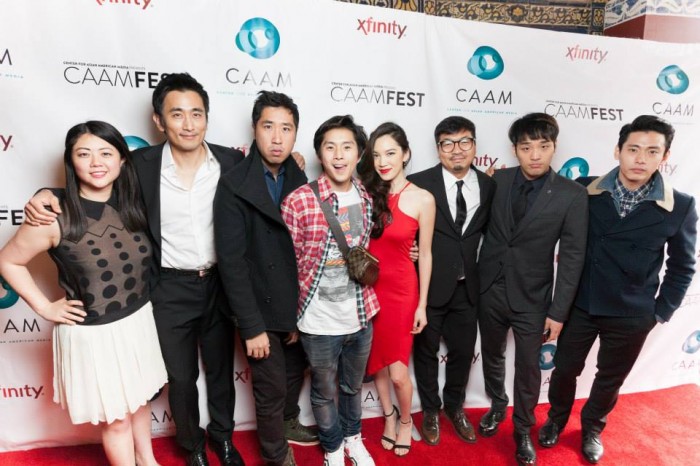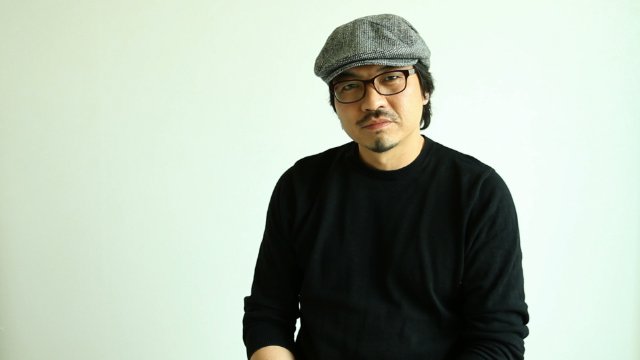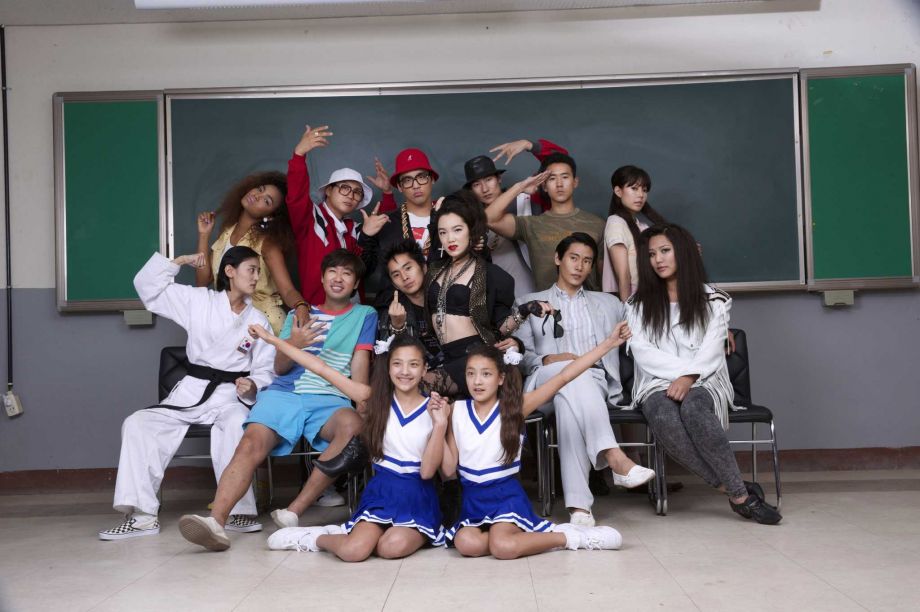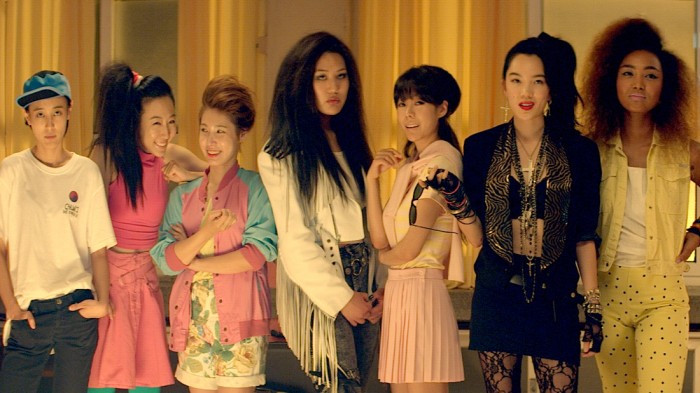Interview with Benson Lee
The recognition of Korean-American talents started to spread globally in both films (Wedding Palace) and TV shows (Dr. Ken, Fresh Off The Boat, Selfie). Benson Lee is one of them who show his love in filmmaking and Asian culture. In 1998, he won the Jury Prize at Sundance Film Festival with his film, Miss Monday. Almost a decade later, he returned with Planet B-Boy, a commercially successful documentary about the international b-boy competition. Although Planet B-Boy‘s success led him to get a studio deal for Battle of the Year, the reviews about the film was not well-received. Last year, he returned confidently with a coming-of-age film, Seoul Searching (Review), that is about a group of teenagers spending their time at summer school in 1986.
Ahead of the screening for Seoul Searching at the Asia House Film Festival, Benson Lee talks about his experiences during his summer school days and filming in Korea, the film and the current representation of Asian-Americans in dramas and films.
How did you start to have passion and be inspired to do filmmaking?
I grew up watching movies as a means of escape from the boredom of living in the suburbs. The video rental store back in the day was my passport to the world, and I used it a way to learn about what I didn’t know or understand about the world. When I got older, I realized the only thing I ever truly loved was movies, so I took the plunge and became a filmmaker.
What made you decide to direct Seoul Searching, a coming-of-age film, which is uniquely different from your favourite John Hughes films such as The Breakfast Club, Pretty in Pink and Sixteen Candles?
Seoul Searching is an ode to all the 80’s teen films that I loved when I was growing up. I loved that particular era because teen movies really came of age during the 80’s, pardon the pun. I felt those movies, especially of John Hughes, did a great job in capturing the zeitgeist of our generation. Yet, I despised their depiction of Asians characters because they were always so nerdy and uncool. This was my way of making up for what I didn’t see back then with an all Asian cast, while also trying to give some depth to the genre, and utilizing my favorite music from that era, because as you know, 80’s music rocks!
Seoul Searching is based on your personal experience when you went to summer school in Korea back in the 80s. What was the experience like during that time?
It was a blast because we were all 14- 18 years old and it was the first time we were away from our parents. In addition to that, I had the opportunity to meet some interesting Koreans from different parts of the world, who on the surface looked Korean, but in reality were ambassadors of their own cultures. It was quite a mind expanding experience. It also helped that I was surrounded by crazy cute girls wearing Madonna outfits.
How did you adapt your personal experiences and Korean culture into directing Seoul Searching?
The movie is “inspired” by my experience, but in some cases it was pretty close to the real deal. But of course when you only have 90 minutes to tell the story, you’re always going toed up with an abridged version. Most of the characters are based on the real people that I met from that summer.
What are the differences between filming Seoul Searching in Korea and your previous filming experiences in other countries? What are the struggles you encountered whilst filming in Korea?
The language barrier was tough since my Korean is elementary. But the crews in Korea are amazing and it was an honor to work with them. There is a profound difference in the mentality of Koreans and Westerners that also manifests itself in filmmaking, but I’m used to that having travelled and made films in various parts of the world.
One of the main highlights of the film is the emotional connection between the students and their parents. What was the reason to convey these scenes in the film?
The theme of teens wanting so desperately to be accepted by their parents is almost a cliche, but for a lot of 2nd generation Koreans, it’s a central theme in their lives. Although I was making a teen comedy on one hand, I wanted to address the real issues that plagued a lot of us back then. We were so sheltered in comparison to kids now who have access to the entire world through their phones. This lack of information and connection left a lot of us feeling alienated and alone with our issues. So when we were able to connect that summer, we realized we were not alone, and this was one of those themes that brought all of us together and created a deep bond that lasts to even now.
Justin Chon, Crystal Kay and Cha In-Pyo and other well-known casts are selected for Seoul Searching. How did you approach them in being the casts of Seoul Searching? How did you work together with them on set?
I approached them directly so I was blessed to get them in the film. Usually, you have to go through their agents, but it turned out that through various degrees of separation, I was able to meet them through a contact. All my actors are now like my family.
 The casts of Seoul Searching (Image Source: CAAM Fest 2015)
The casts of Seoul Searching (Image Source: CAAM Fest 2015)
Asian-American films and dramas like Wedding Palace, Dr. Ken, Fresh Off the Boat, and Selfie become more recognizable, in terms of stars’ talent and production, both locally and globally. What are your thoughts about the rise of Asian-Americans in TV and film industries?
It’s about time! Asians make up a huge part of the social fabric in many countries but we have so little media presence. To make it worse, when we do appear in the mainstream media, we’re relegated to pretty stereotypical roles. I’m proud of the advancements that Asians have made recently in the media and we need to continue fighting the good fight. As they say in Korean — FIGHTING! That’s slang for “go get it!” in Korean.
What is your advice to those who aspired to be a filmmaker?
Good luck. This is a tough field but if you truly LOVE it, then it’s worth going for it. If you don’t love it, then you’re in it for the wrong reason because it truly is one of the most challenging, low paying, risky fields to get into. You need THICK skin and you need to know how to sell your idea with passion.
Any plans for directing upcoming films that we can look forward to?
Yes, my next movie is about KPOP. It will be in English and it focuses on the first KPOP crossover group that will star some of the biggest female singers in the pop world. FIGHTING!
Thank you for your time in taking part in the interview. Thank you to Asia House for arranging it.
Seoul Searching will be screened at the Regent Street Cinema, London followed by Q&A session with Benson Lee on 27th February. Click here for ticket purchases and details.
Tags : Asia House Film Festival,Benson Lee,Film,Korean American,Seoul Searching
Comments are closed.








